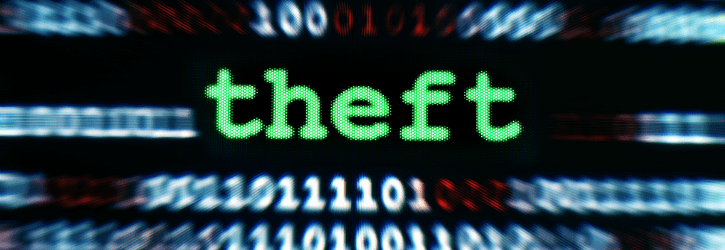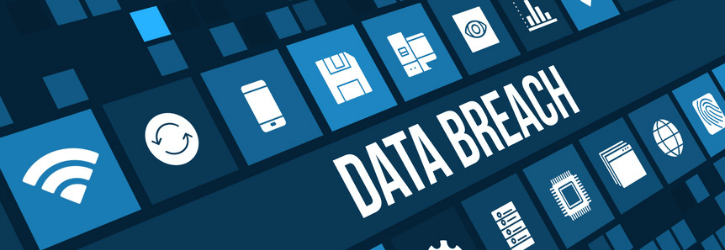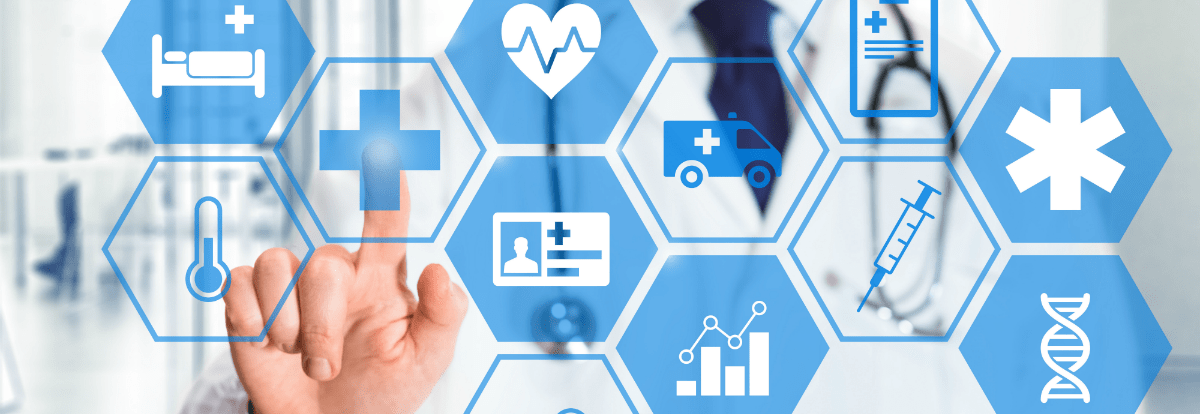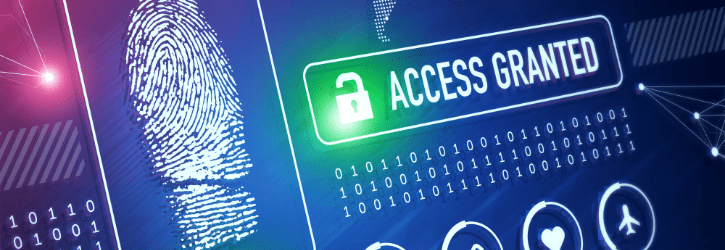
Welcome To The Data Leak Lawyers Blog
We focus on the latest news surrounding data breaches, leaks and hacks plus daily internet security articles.

We focus on the latest news surrounding data breaches, leaks and hacks plus daily internet security articles.

Healthcare has long been regarded as particularly vulnerable to external cyber threats. The potential vulnerability of healthcare organisations can be twofold: not only can their databases offer a wealth of highly sensitive data for cybercriminals to misuse, they have also been seen as weak in terms of their cybersecurity defences. Healthcare network breaches could occur when attackers exploit vulnerabilities in systems, finding a route via which to access private medical information.
All healthcare organisations must, therefore, be on their guard when it comes to potential cybersecurity threats, but this is not always the case. When cybercriminals do break through, the data theft can have catastrophic consequences for the affected patients or employees, potentially causing them significant distress and even financial loss.
If you have been affected by a medical data breach, you will likely feel let down by your healthcare provider’s failure to prevent the attack. Where the organisation failed to do enough to protect your information, you could be entitled to claim compensation. Contact us for further information and to find out whether you could be eligible for a data breach claim.

It has been reported that the recent Stor-A-File cyberattack resulted in hackers demanding a ransom of three million pounds in Bitcoin which has reportedly been rejected, leading to data being exposed online.
Last week, we covered the issues facing the Lister Fertility Clinic who are understood to have written to some 1,700 patients over medical records that Stor-A-File had been providing scanning services for. With potentially sensitive medical information at stake, it had been feared that patients of the clinic could be vulnerable to their private and sensitive medical information being compromised.
Now, it has been reported that the worst looks to have happened and that private and sensitive data stolen in the attack has now been put onto the dark web.

As patients, we trust that our data is held securely by healthcare organisations, and that medical professionals will only access and use our information when absolutely necessary. Unfortunately, hospital data snooping does occur, as some healthcare staff view patient information without authorisation or consent.
Whether intentional or unintentional, data snooping is a practice that all healthcare staff must steer clear of, particularly due to the sensitivity of medical records. It is understandably worrying for victims to learn that their information has been subjected to unauthorised access, as there could be malicious intent behind the user’s actions. When healthcare staff abuse or take advantage of their data access privileges in this way, it can constitute a breach of data protection law.
If you believe that your privacy has been violated in this way, you could be eligible to claim compensation for the harm caused. Contact us for free, no-obligation advice now if you think you may have a claim to make.

The healthcare sector has long been a target for cyberattacks, and this threat can be compounded by the often-poor cybersecurity adopted by some hospitals and doctors’ practices, as well as employee errors that have brought about a number of data breaches in recent years. Health data breaches can be particularly harmful to those affected, as the personal information and medical records held by healthcare providers can, understandably, be intensely private to patients.
The problem of health data breaches appears to have exacerbated further over the past year or so. The Covid-19 pandemic has prompted a surge in cyberattacks across all kinds of organisations, but healthcare has been seen as a particularly vulnerable sector due to the increased strain brought by managing coronavirus.
Regardless of the circumstances in which a data breach occurs, there is never any excuse for healthcare organisations that have failed to protect patient and employee data. If held to account in a data breach claim, these organisations could be forced to pay out compensation to the affected victims. If you have been affected by a data breach incident and wish to seek justice, do not hesitate to contact us for free, no-obligation advice.

We are now two years on from the discovery of a mass snooping scandal in Greater Manchester involving Wrightington, Wigan and Leigh NHS Foundation Trust where the unauthorised access to medical records affected some 2,000 people.
We represent clients for cases in this serious abuse of access by what is understood to be more than one employee at the Trust in question. We represent clients for cases where their wider medical records were accessed during their treatment by people who did not need to access their data, and had no right or reason to. We have also been recommending that our clients check their medical records too as a number of inaccuracies have been identified also.
This all suggests that the practice of medical records data protection and organisation has been poor at the Wrightington, Wigan and Leigh NHS Foundation Trust. We continue to represent people for data breach compensation claims, and you can still join our group action for the mass snooping event. You can also speak to our team for free, no-obligation advice about general issues over unauthorised access to medical records as well.

With many businesses and other organisations opting for cloud storage to hold personal information, there is a new dimension of risk management for data controllers to deal with. Healthcare cloud data breaches can be a particular risk, as the healthcare sector has long been a target of cyberattacks, and hospitals’ cloud storage systems can contain a wealth of sensitive data.
When configured and operated correctly, cloud databases should be entirely secure; but user errors can compromise entire systems. Private information can be put at risk by these needless mistakes, leaving the victims vulnerable to data misuse.
Anyone who has had their personal security endangered by a cloud data breach may be able to claim compensation. There are no excuses for database mismanagement, so companies can be held accountable in accordance with the law. To find out more about making a claim, you can contact our team for free, no-obligation advice.

We have been approached for help and are taking legal action now for people affected by the recently revealed Deerbrook Surgery data breach who are eligible to claim with us.
Your Lawyers (T/A The Data Leak Lawyers), as a leading firm of data breach compensation experts, is often at the forefront of this still-developing area of law. When new breaches and leaks happen, it can be common for the victims to approach us for help early on. We are often in the media a lot, and we have been working in this niche area of law since 2014. This is a lot longer than most other firms out there, and is why we represent thousands of clients for singular cases and in group and multi-party actions.
Having already recovered over £1m for mostly individual clients, our experience speaks for itself. If you have been affected by the Deerbrook Surgery data breach, you can speak to our team here now for free, no-obligation advice.

With the cyber threat facing healthcare organisations across the globe and on a domestic level at a high, a significant Public Health England data breach could easily happen. With cybersecurity and data protection under such scrutiny, it is natural that doubts have been cast over all kinds of data controllers in the healthcare sector.
The spike in cyberattacks on the healthcare sector has been a much-reported issue over the past year or so, with a perception that cybercriminals have sought to take advantage of the chaos caused by the coronavirus pandemic. However, it is also true that a vast number of data breaches within the healthcare sector are caused by human error, so healthcare organisations must focus on internal training to ensure that they keep information secure.
If you have been affected by a healthcare data breach, you may be entitled to claim compensation for the harm caused. At Your Lawyers – the Data Leak Lawyers – as leading privacy claims experts, we have years of experience in data breach claims, and we can use our expertise to help you achieve the justice you deserve.

Many of the data breach victims that we represent suffer the harmful consequences of privacy incidents. Victims are often affected by distress, as well as being targets for scammers and fraudsters seeking to capitalise on the exposure of private information. Unfortunately, there can be even more damaging effects to data breaches, particularly those that affect highly sensitive information. For those who have suffered from a catastrophic data breach, compensation claims can allow victims to recover compensation for the harm caused.
Your Lawyers, as leading specialists in data breach claims, have seen how profoundly information exposure can affect the lives and well-being of our clients. In our view, it is unacceptable that such suffering should be caused by organisations failing to comply with data protection laws. We have dedicated ourselves to helping data breach victims assert their rights since 2014, so we have the experience to help you claim the compensation you deserve.

We are now two years on from the revelation about the serious Charing Cross Gender Clinic data leak, and we continue to represent victims for compensation claims.
Although our action is now at an advanced stage, given how long ago the email data breaches took place, do not worry if you have yet to start a claim – there is still time. However, we just strongly urge anyone affected to start their claim as a matter of urgency to avoid missing out on the three-year rule for claiming personal injury damages in a data breach compensation case. For anyone who has suffered significantly, which we understand given the nature of the breaches, higher-level awards can be caught by the personal injury time limits. Generally speaking, you must have either settled a legal case or issued legal proceedings before the deadline expires, so there really isn’t much time left at all.
Make sure you sign-up to join the legal action and avoid missing out on the chance to claim damages as a victim of this serious and sensitive leak of personal information
EasyJet admits data of nine million hacked
British Airways data breach: How to claim up to £6,000 compensation
Are you owed £5,000 for the Virgin Media data breach?
Virgin Media faces £4.5 BILLION in compensation payouts
BA customers given final deadline to claim compensation for data breach
Shoppers slam Morrisons after loyalty points stolen
Half a million customers can sue BA over huge data breach
Lawyers accuse BA of 'swerving responsibility' for data breach
The biggest data breaches of 2020
Fill out our quick call back form below and we'll contact you when you're ready to talk to us.